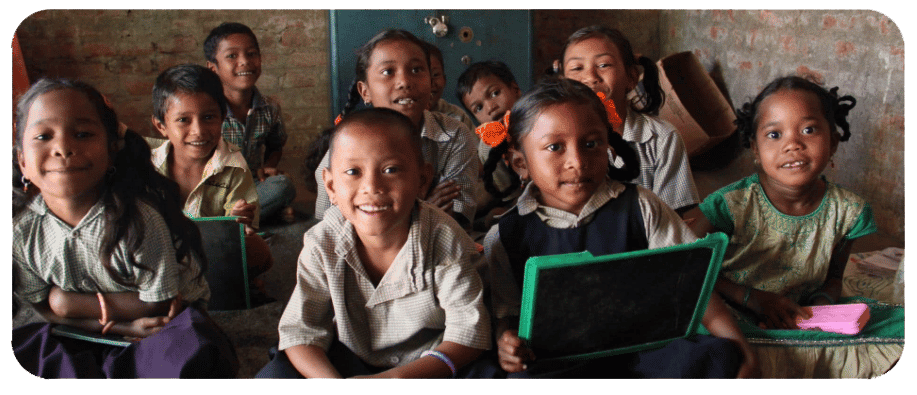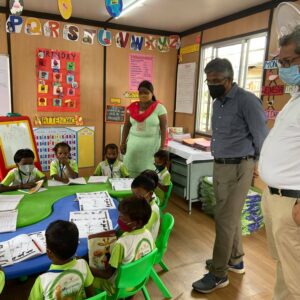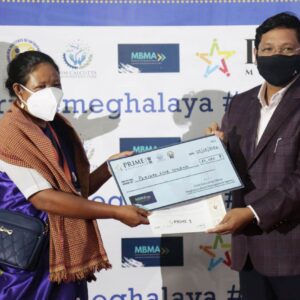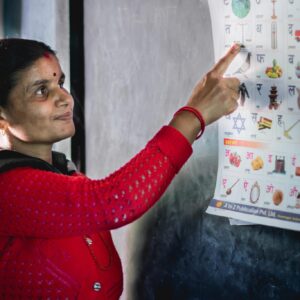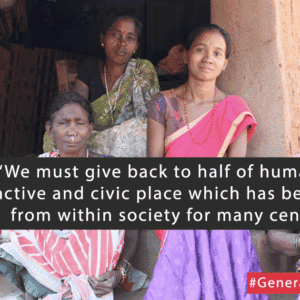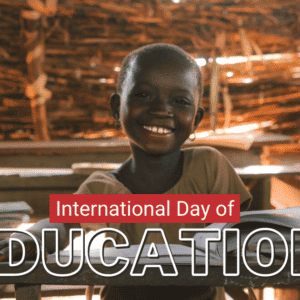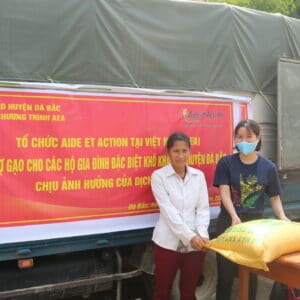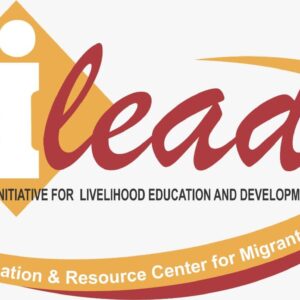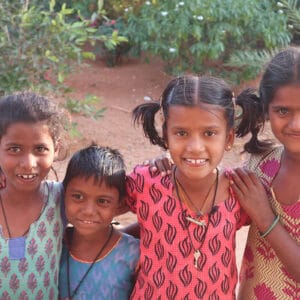New Delhi/September 22:
Rising rural deprivation and agrarian distress are the driving forces behind labor mobility. As per census 2001, a total of 29.90 million people migrated to various other states for livelihood and employment opportunities said Shri Mr A V Swamy, Member of Parliament, Rajya Sabha on September 22 at India Habitat Centre, New Delhi.
Addressing the inaugural session of the two day National Consultation on “Children and Internal Migration in India”, organised by Aide et Action (NGO) in collaboration with UNESCO and Bernard Van Leer Foundation (BvLF), MP, AV Swamy said, “Migration happens due to various reasons including landlessness, hardships in the underdeveloped backward regions, natural or manmade disasters, inter-regional disparity in economic growth and prospect of better employment opportunities and higher wages in the destination areas”.
He emphasized that the Inter State Migrant Work Men (Regulation of Employment and Conditions of Service) Act, 1979 provides registration of all principal employers and licensing of contractors and various basic facilities to the migrant workers.
The act applies to every establishment in which five or more Inter-State migrant workmen (whether or not in addition to other workmen) are employed or who were employed on any day of the preceding twelve months. “But the establishments are split in such a way that it does not show that it employs more than five migrant workers”, he stressed.
He said that migrants are disempowered in their home and destination states. “Reluctance of migrant workmen in giving full information about their living and working conditions, lack of awareness regarding rules and regulations, inadequacy of enforcement machinery and fear of employers and his agents are primary reasons why the migrants don’t open up”, he said.
Shri Harsh Mander, IAS (Rtd) Centre for Equity Study, the key note speaker of the consultation said, “The present rural distress is worse than 1950’s with most of the affected people being landless laborers and small farmers who are forced to migrate along with their families to work in unorganized sectors”. He further added that the consequences of distress migration on children are worse with their childhood and education being completely destroyed leading to physical insecurity.
While revealing the study details on the “Status and Condition of Young Migrants living in worksites located in Eight cities across the country” including Delhi, Chennai, Bhopal, Bhubaneswar, Jaipur, Patna, Hyderabad and Guwahati, Mr Umi Daniel, Head – Migration Thematic Unit – Aide et Action said “Girl children endure many more deprivations than boys”, “receive less nutrition and less care than boys, and often have to do double work, at work sites as well as at home”, thus making them vulnerable to abuse and sexual violence.
He further said that more than 90 percent seasonal migrant children are excluded from accessing the Integrated Child Development Services (ICDS) whereas 80 percent school going children do not access education near worksites according to the study.
On this occasion, Childhood on the Move (Lives of young Migrants in Pictures), a photo document was released. The two day consultation will focus to discuss and deliberate on the exclusion of migrant children in accessing education, protection and healthy environment both at source and destination. They would also share best practices on migrant children’s education across selected states both by the government and civil society organizations. The workshop would identify areas of convergence between various government departments and civil society organizations on the issue of migration and devise meaningful and effective government programme, convergence and policy on several critical issues affecting migrant children.
For more information, contact:
Chandra Kiran Katta, Communication Manager at [email protected], Mobile: 09440801758


